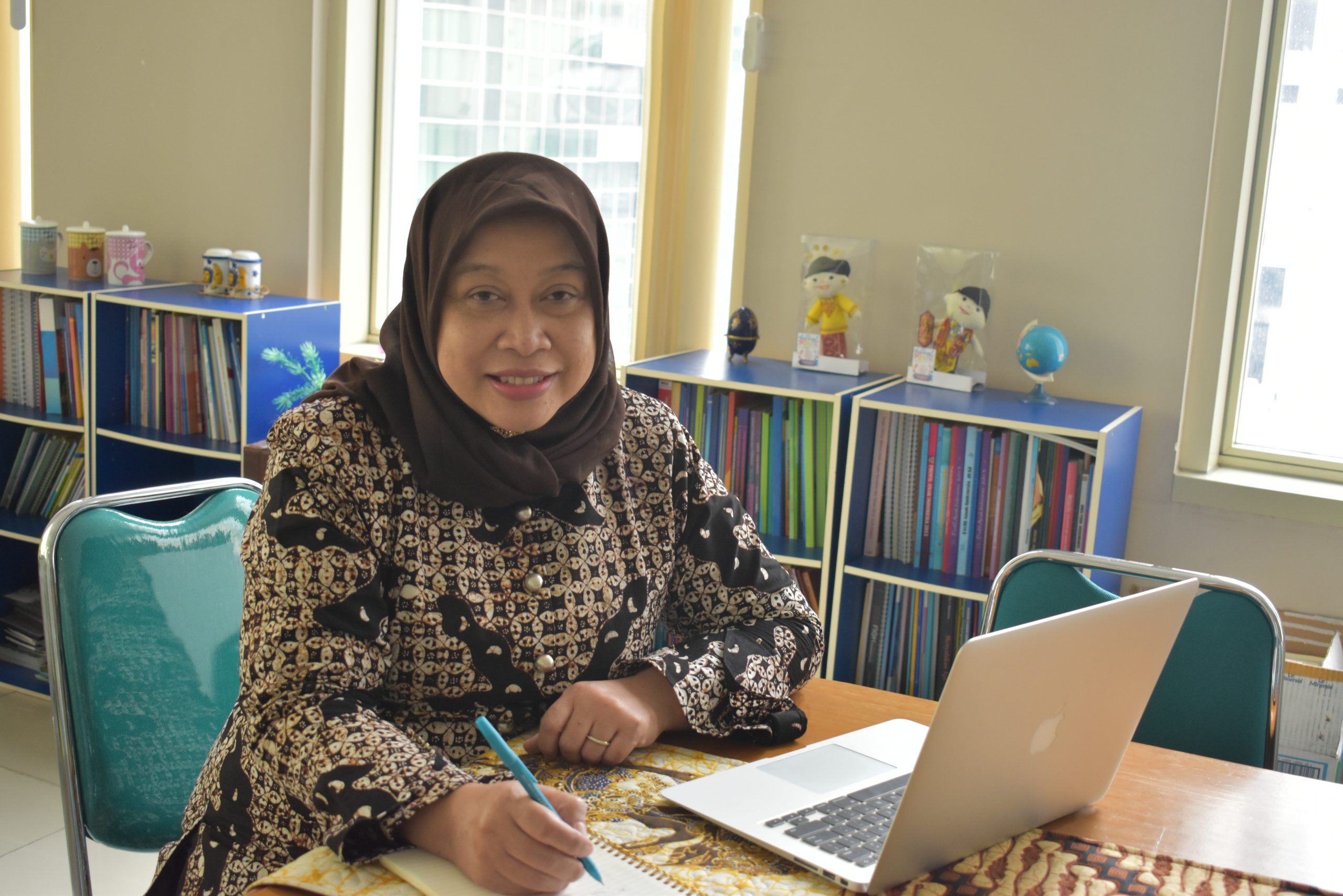Assistant Deputy for Professional Institution and Business Participation at Women’s Empowerment and Child Protection Ministry (KPPPA)
Yanti uses her role in government to foster stronger partnership with the private sector; boosting the uptake of gender lenses within public institutions, and building the capacity of women living in Indonesia’s rural areas.
Yanti has seen it all. Having dedicated 20 years of her life – two-thirds of her career as a public official – to the Women’s Empowerment and Child Protection Ministry (KPPPA), Yanti has grown as a person and as a leader.
“It’s been an interesting experience and a lot of learning for me as I discovered that gender issues are vast, dynamic and always developing,” Yanti says.
The University Padjadjaran law graduate began serving in the government in 1988 when she joined the former Ministry of Information. In 2000, she moved to start a long and fulfilling career empowering women and protecting children.
At first, Yanti was not aware of the extent of discrimination and violence these particular groups faced. As Yanti dug deeper, doubled down on her reading and met with countless senior figures around the world, she discovered the vastness of gender issues and the how they played out in the media, society, politics and economy. While the global women’s rights movement has gained tremendous support in the last two decades, there are still many problems to solve, new and old.
“Right now, our challenge is to make more people understand that gender is not just about women, but about equality and justice for all,” Yanti says.
KPPPA has been determinedly pushing for applying a gender lens within other ministries through what it calls gender-responsive planning and budgeting (PPRG) as part of its gender mainstreaming strategy.
“I believe this is what other people might call gender lens investing,” Yanti says.
Essentially, PPRG asks organizations to consider the needs of both men and women of all capabilities in all of their projects, starting at the planning and budgeting stage.
For example, at the ministries offices, more bathrooms catering to women and children should be installed. Daycare services might be added. When designing a lift, the needs of people with disabilities should be met.
First and foremost, PPRG is part of KPPPA’s vision of empowering women to achieve gender equality. “The real output of PPRG should be apparent in what we see (or do not see) in our daily lives. We hope it can be applied in all sectors within all ranks in the government,” Yanti says.
To empower women so they could contribute directly to the economy, KPPPA gives training to those living in rural areas. Modules include financial literacy, how to set up a business, and how to sell products, among other things.
Previously, the women would attend the workshops at their local village meeting halls. The training has now been moved online due to the COVID19 pandemic. But access to the internet is often a challenge for most women. KPPPA then utilizes its networks of local associations, neighbourhood and community units, and women empowerment organizations to reach the audience.
KPPPA could help GLI investors, context-makers and entrepreneurs scale and amplify their impact. KPPPA plays an important role in educating and pushing other government institutions to apply a gender lens in all their activities.





